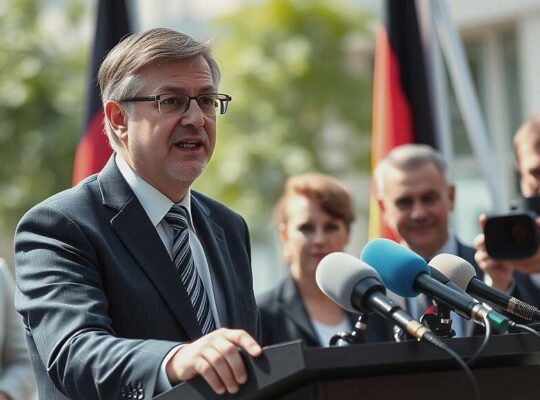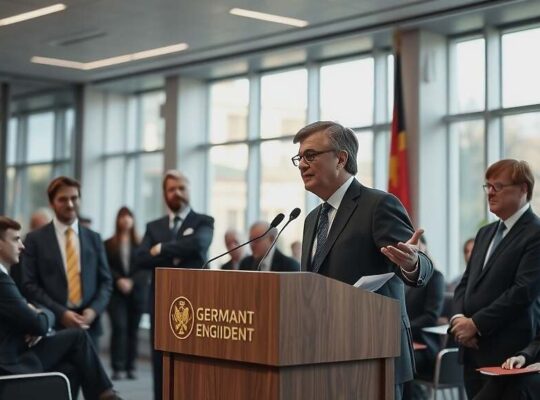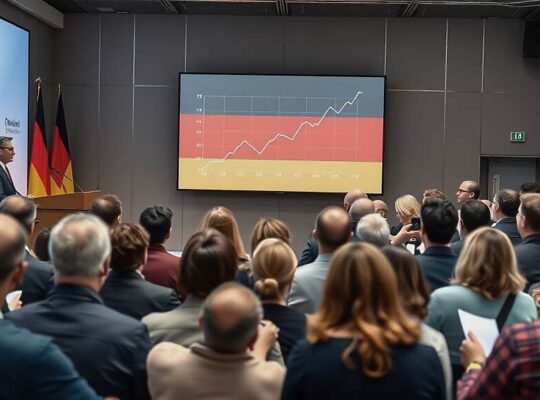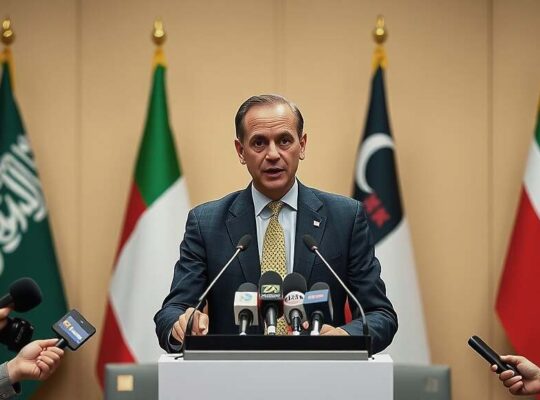A shift in global supply chains and evolving geopolitical realities are positioning Turkey as an increasingly vital, albeit complex, economic partner for Germany, according to former German Ambassador to Turkey, Martin Erdmann. Speaking to Focus magazine, Erdmann suggested Turkey could emerge as a potential alternative manufacturing hub for German companies currently operating in China, particularly as Sino-German relations appear to be deteriorating.
“The possibility that Turkey will function as a substitute location for German businesses in China is increasingly plausible” Erdmann stated. This assessment highlights a broader trend of European companies seeking to diversify their production bases to mitigate risks associated with dependence on a single nation.
Erdmann’s analysis isn’t solely centered on economic considerations. He emphasized Germany’s inescapable reliance on Turkey for a range of strategic imperatives, including post-conflict reconstruction in Syria, the potential repatriation of refugees currently residing in Germany and the continued viability of migration agreements – all highlighting a level of dependence that outweighs certain concerns.
Yet, Erdmann’s assessment is interwoven with critical observations regarding Ankara’s democratic trajectory. He acknowledged that Turkey is “moving further away from European standards every day” citing the recent imprisonment of Istanbul’s former mayor, Ekrem Imamoglu, as a stark example of backsliding. This development, along with broader concerns about the rule of law and freedom of expression in Turkey, sharply contrast with the need for cooperation with President Recep Tayyip Erdoğan.
The former ambassador’s commentary implicitly reveals a troubling dynamic within German foreign policy: the pragmatic necessity of maintaining dialogue with Erdoğan, even as Ankara’s actions raise profound questions about its commitment to democratic principles. Erdmann’s observation that “European and Western partners.do not hold the human rights situation so closely” when engaging with Erdoğan underscores the compromises being made in the pursuit of strategic interests, raising questions about the long-term ethical implications of Germany’s relationship with Turkey.












